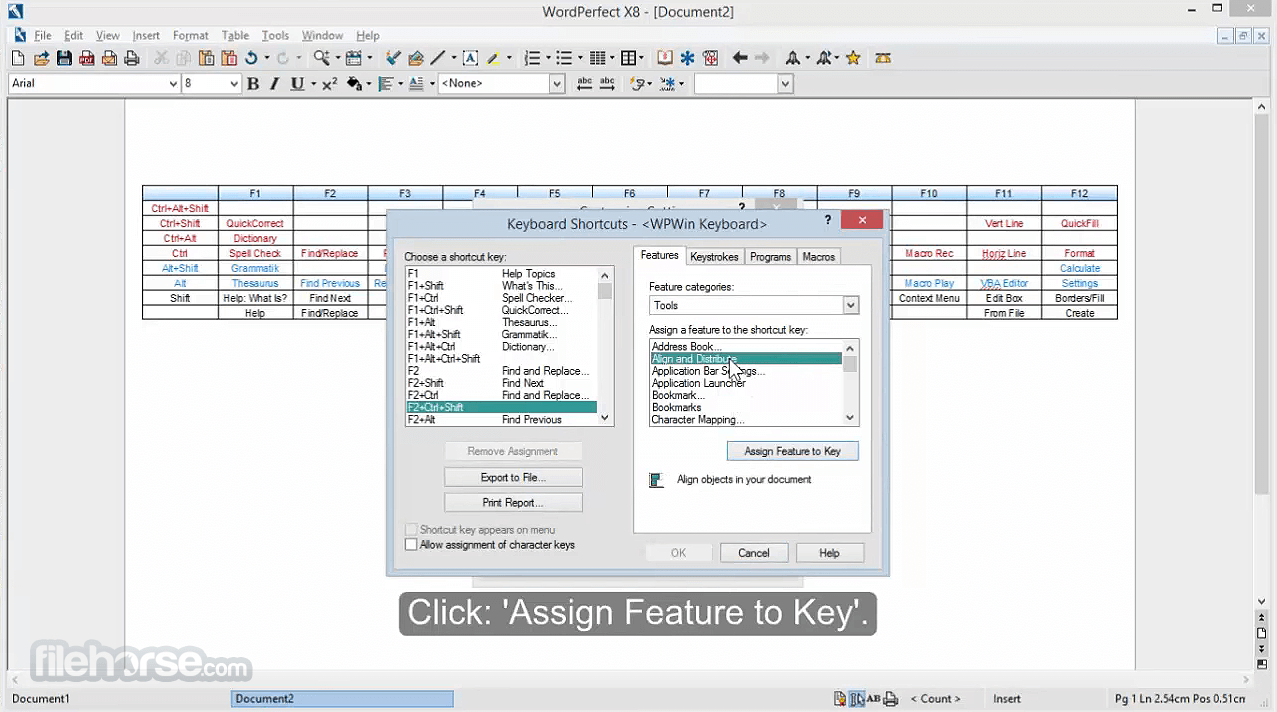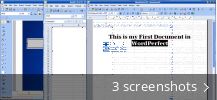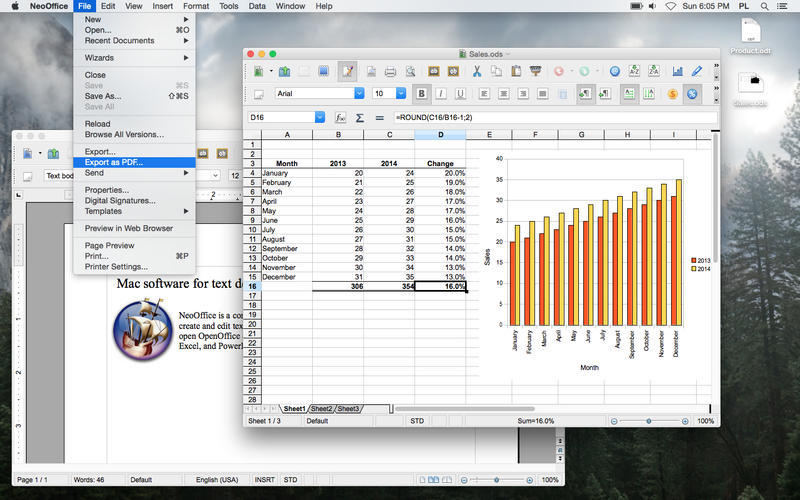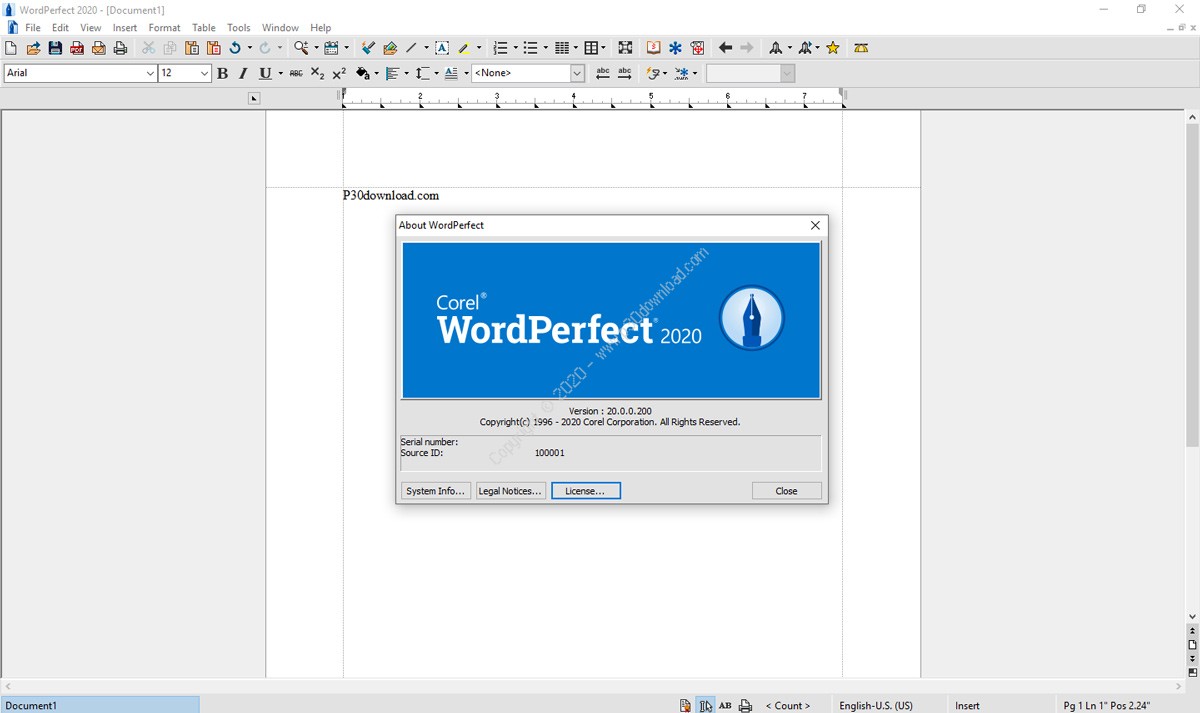

In practical terms, though, making that argument is like me insisting that English is a better language than Japanese because it's easier for me to speak it. Technologically, one could probably make an argument in either direction. We can all argue until the cows come home about which is "better". WordPerfect documents are built as text "streams" (hence why Reveal Codes is actually possible in WordPerfect), whereas Word is built as a series of nested text "containers" similarly to the way web pages are built. WordPerfect and Word are built on completely different paradigms. Much the same thing is true of the WordPerfect to Word transition.

Plus, there are all those cultural assumptions you didn't grow up with that influence the language in ways you can't possibly anticipate. Then there's differences in verb tense, intonation, etc. Sure, you're going to have a lot of French vocabulary to learn, but you won't have nearly as difficult a time as you would learning Japanese with its different sentence structure (subject > object > verb). The basic sentence structure (subject > verb > object) in English and French are the same, for example.

Given that French linguistically has a lot in common with English (including some common origins), a lot of things in French are just going to make "intuitive" sense. Without knowing a lot about the structure of either French or Japanese, you've probably already "intuited" the answer: Japanese. Which native English speaker is going to have a harder time: the one learning French, or the one learning Japanese? Two engineers created NeoOffice in 2003 when they made OpenOffice run natively on OS X for the first time.Take the experience of learning a new language. With NeoOffice, you can view, edit, and save OpenOffice documents, LibreOffice documents, and simple Microsoft Word, Excel, and PowerPoint documents.

NeoOffice is an office suite for Mac that is based on OpenOffice and LibreOffice.


 0 kommentar(er)
0 kommentar(er)
